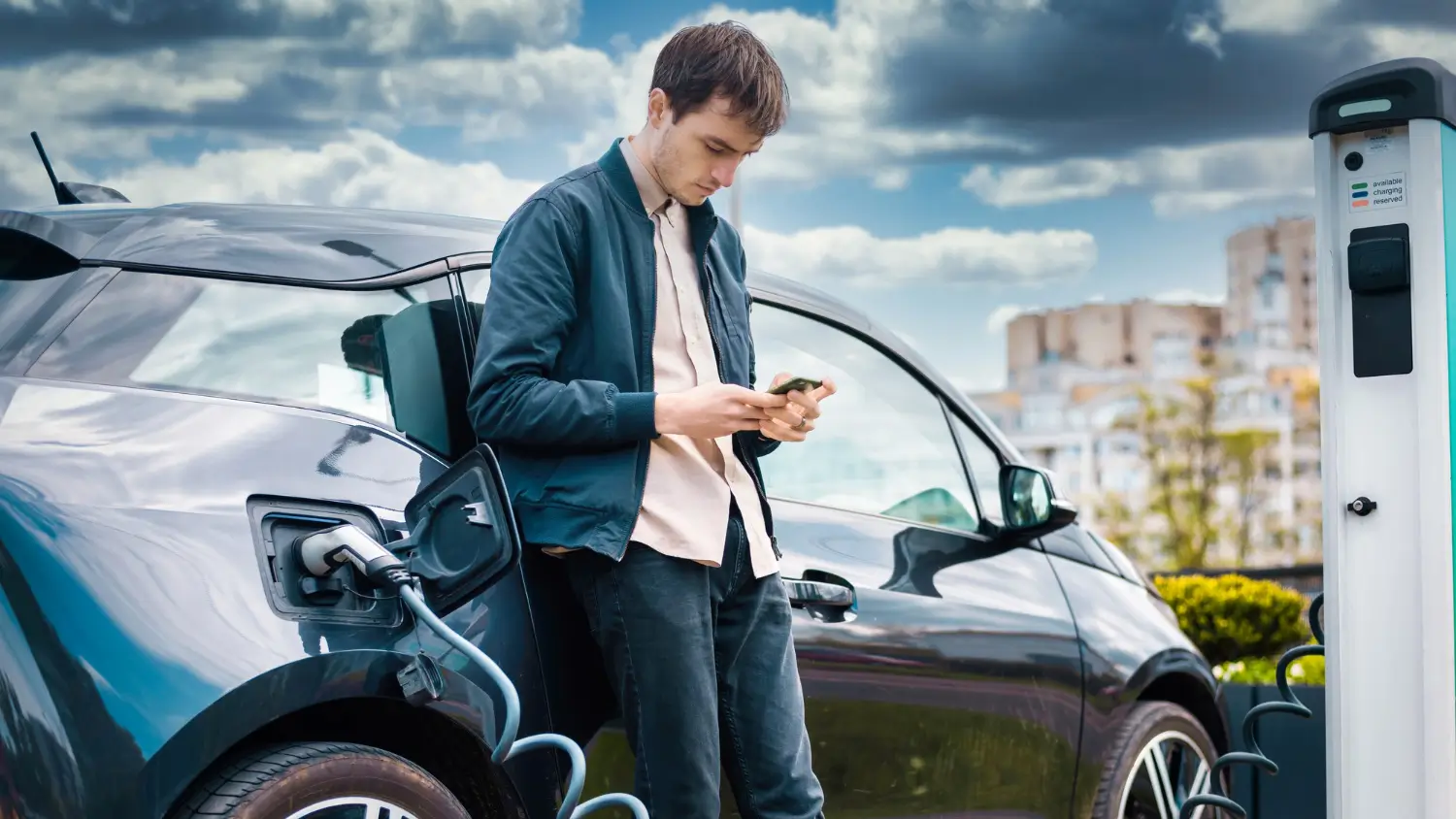The Green Revolution: Choosing Between Hybrid and Electric Cars

The automotive industry is undergoing a transformation, driven by concerns over environmental sustainability and the need for cleaner energy solutions. As governments and consumers push for greener transportation options, two primary alternatives to traditional gasoline-powered vehicles have emerged: hybrid and electric cars. Understanding their differences, benefits, and drawbacks is essential for making an informed choice.
Understanding Hybrid and Electric Cars
Before delving into a comparison, it is crucial to understand what hybrid and electric cars are and how they operate.
Hybrid Cars
Hybrid vehicles combine a conventional internal combustion engine with an electric motor and battery. The two power sources work together to enhance fuel efficiency and reduce emissions. There are two main types of hybrid cars:
- Parallel Hybrid: The electric motor and gasoline engine work simultaneously to propel the vehicle.
- Series Hybrid: The gasoline engine generates electricity to charge the battery, while the electric motor powers the car.
Hybrid cars do not require external charging as the battery is recharged through regenerative braking and the internal combustion engine.
Electric Cars
Electric vehicles (EVs) operate solely on electric power and use rechargeable batteries as their primary energy source. Unlike hybrid cars, they have no internal combustion engine and produce zero tailpipe emissions. EVs come in two major categories:
- Battery Electric Vehicles (BEVs): Fully electric vehicles that rely entirely on battery power.
- Plug-in Hybrid Electric Vehicles (PHEVs): A mix of electric and gasoline power, similar to hybrids, but with a larger battery and the ability to be charged externally.
Key Differences Between Hybrid and Electric Cars
When considering hybrid vs electric cars, several factors must be examined to determine which option best suits individual needs and preferences.
Environmental Impact
- Hybrid Cars: While hybrid cars reduce fuel consumption and emissions compared to traditional gasoline-powered vehicles, they still rely on fossil fuels.
- Electric Cars: EVs produce zero emissions and help reduce carbon footprints, making them a more environmentally friendly choice.
Fuel Efficiency and Energy Consumption
- Hybrid Cars: These cars offer better fuel efficiency than conventional cars but still consume gasoline.
- Electric Cars: Since EVs run solely on electricity, they eliminate the need for gasoline, resulting in lower energy costs.
Maintenance Costs
- Hybrid Cars: Hybrids require maintenance for both the gasoline engine and electric components, which can increase long-term costs.
- Electric Cars: With fewer moving parts and no engine oil changes, EVs typically have lower maintenance expenses.
Range and Charging Infrastructure
- Hybrid Cars: Hybrids have longer ranges due to their gasoline engines, making them suitable for long-distance travel.
- Electric Cars: EVs depend on battery range and require charging stations, which may be a limitation in areas with limited infrastructure.
Upfront Cost and Incentives
- Hybrid Cars: Generally, hybrids are more affordable than EVs but offer fewer government incentives.
- Electric Cars: EVs tend to have higher upfront costs, but incentives, tax credits, and lower operational costs can offset this expense.
Pros and Cons of Hybrid and Electric Cars
Pros of Hybrid Cars
- Lower emissions than gasoline cars
- No need for external charging
- Extended driving range
- More affordable than electric vehicles
Cons of Hybrid Cars
- Still reliant on gasoline
- Higher maintenance costs than EVs
- Less environmental benefit than fully electric vehicles
Pros of Electric Cars
- Zero emissions and eco-friendly
- Lower long-term maintenance costs
- Cost-effective energy consumption
- Access to government incentives
Cons of Electric Cars
- Limited charging infrastructure
- Longer refueling time compared to gasoline
- Higher initial purchase price
Which One is Right for You?
Deciding between hybrid vs electric cars depends on various personal and practical factors. If you frequently travel long distances or have limited access to charging stations, a hybrid may be a better option. However, if environmental sustainability and long-term savings are priorities, an electric vehicle is the ideal choice.
Conclusion
The transition to greener transportation is crucial for the future of our planet. Whether choosing a hybrid or an electric car, both options contribute to reducing emissions and dependence on fossil fuels. Understanding the differences between these vehicles allows consumers to make informed decisions that align with their driving habits, budget, and environmental goals. Ultimately, the choice between hybrid and electric cars depends on individual preferences, infrastructure availability, and the willingness to embrace a more sustainable lifestyle.











